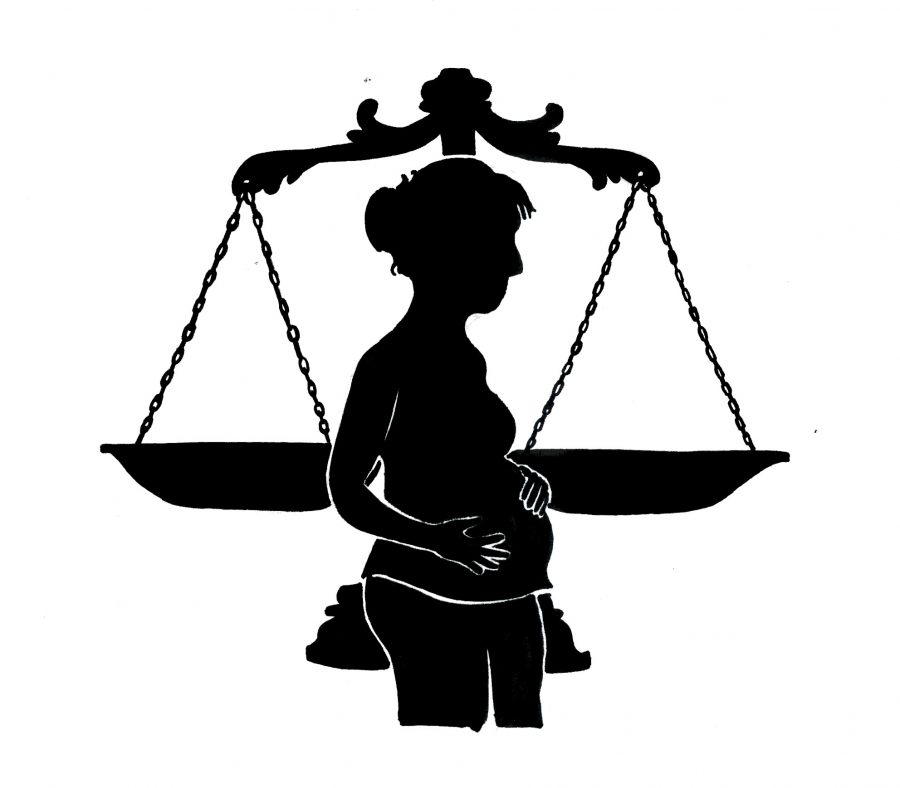In the state of Texas, reproductive healthcare has again proven contentious. Since the 1973 Roe v. Wade decision to uphold the right to an abortion, Texas lawmakers have introduced several new barriers to access. Emboldened by the Trump administration’s attacks on the provision of reproductive health care, state legislators spent both spring and summer legislative sessions passing bills to further restrict access to abortion. Senate Bill 8, the omnibus abortion bill authored by table-smashing Sen. Charles Schwertner, went into effect on Sept. 1. This bill has already been subject to judicial backlash, involving the state of Texas in more legal battles over reproductive rights.
Recently, Texas was at the center of a high-profile case involving an undocumented 17-year-old girl, widely known as Jane Doe. Upon detainment at a South Texas immigration shelter, Jane Doe discovered she was pregnant and decided that it was best for her to seek an abortion. This decision should have stayed between Jane Doe and the judge that granted her a judicial bypass to receive the procedure. Unfortunately, it caught the attention of the Trump administration, who subsequently did everything in their power to prevent this minor from following through with her decision. Jane Doe was taken to a crisis pregnancy center and forced to receive a sonogram. We have experience both visiting crisis pregnancy centers undercover and providing people with rides to their abortions. We know first-hand the shame, scare tactics and misinformation used by those ideologically against abortion to persuade vulnerable people like Jane Doe. It is unsettling and unacceptable that government officials brought an undocumented minor to one of these centers against her wishes.
Pregnant people in Texas have the right to make decisions about their bodies in privacy. It is unreasonable for the state and federal governments to decide what is best for this undocumented 17-year-old girl. As women’s and gender studies undergraduates at UT-Austin, we see this case as illustrative of the repeatedly inappropriate treatment of vulnerable populations in our state. Jane Doe’s dignity and right to privacy were violated, and she had to face overwhelming obstacles in order to obtain the care she needed. If there is anything to learn from the events that played out in this case, it is that we must make serious changes to the way we speak about and handle reproductive health. Regardless of immigration status, Jane Doe is a minor who was granted the right to make a private medical decision for herself.
As for the state of Texas, it seems that these legal battles over abortion will only continue. In light of existing health disparities in our state, we feel that the Texas legislature would be better off supporting programs to reduce its acute levels of maternal mortality, unintended pregnancy, and poverty rather than spending millions of dollars on lawsuits. Come 2018, we hope that the people of Texas elect representatives with a greater motivation to improve the lives of Texas families.
Gessner is a women’s and gender studies and Plan II junior. Gonzalez is a women’s and gender studies senior.













